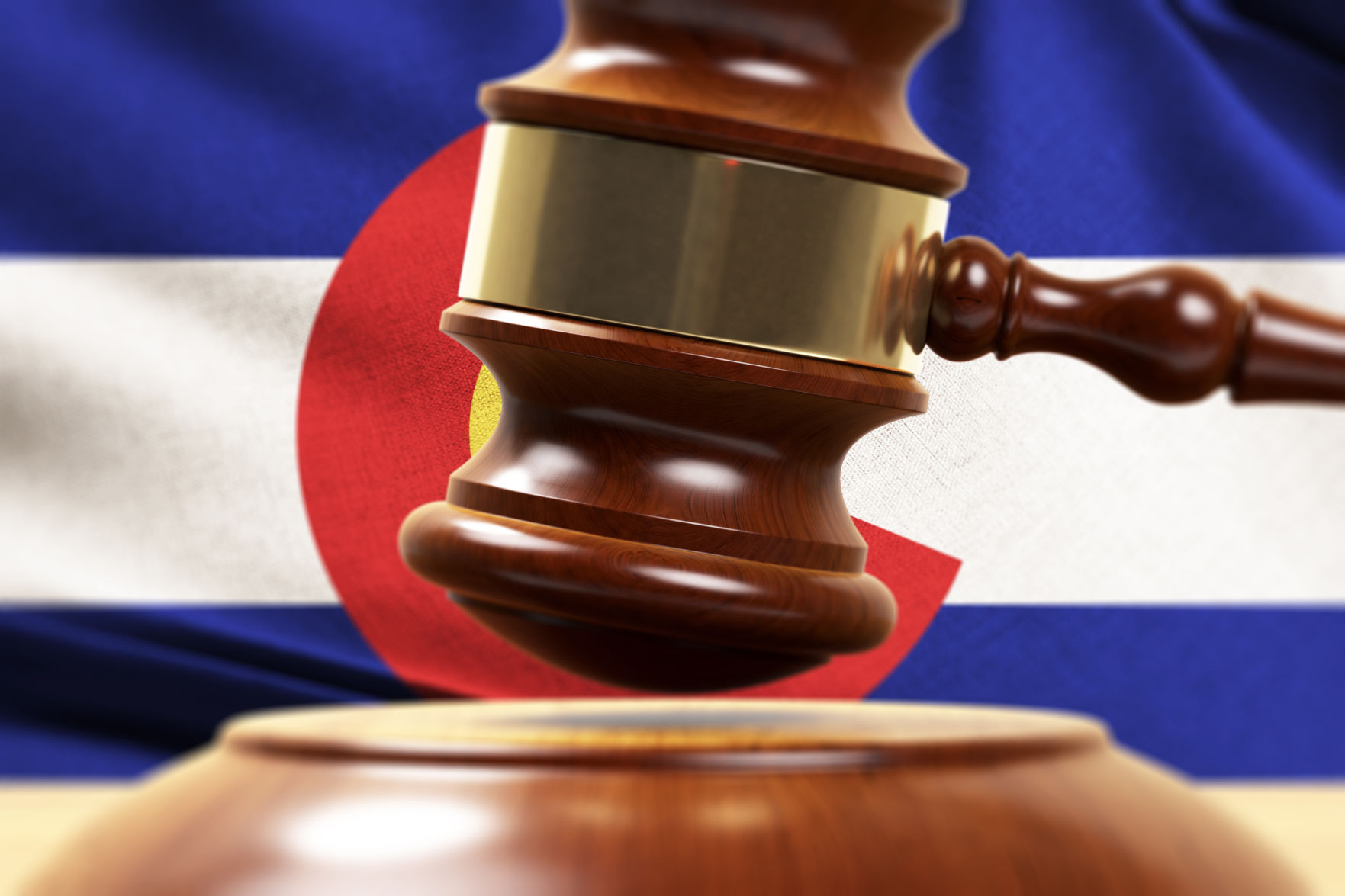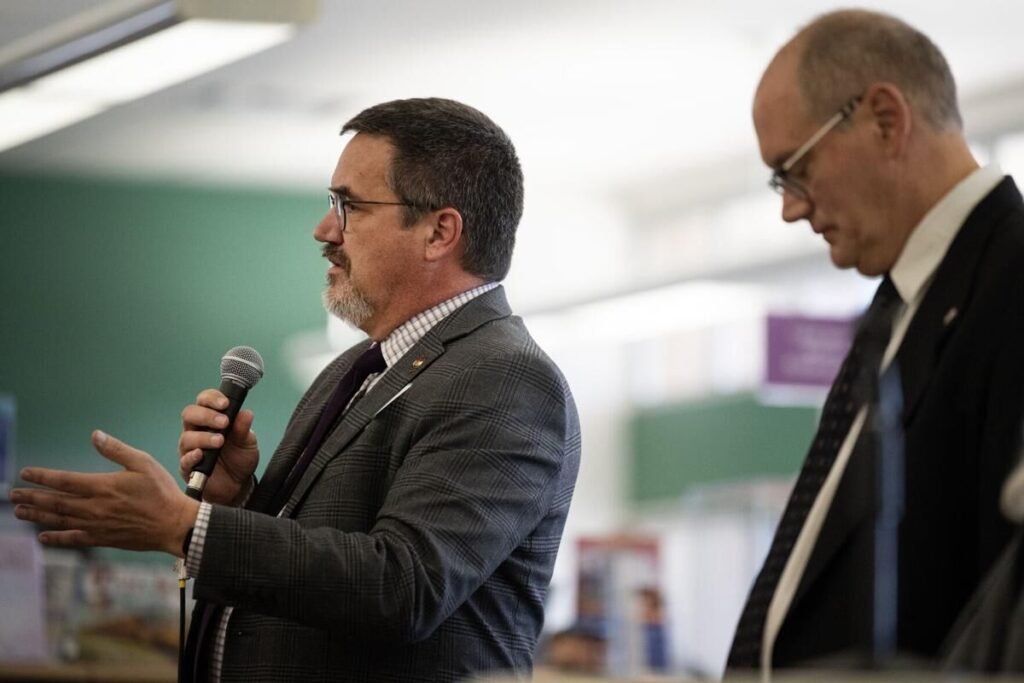Justices reverse lower court, say unanimous self-defense verdicts unnecessary

Although juries in Colorado must be unanimous in rejecting a defendant’s self-defense explanation, there is no requirement that jurors agree on the reason for rejecting it, the state Supreme Court decided earlier this month.
In doing so, the justices reversed a Court of Appeals decision that found Arapahoe County District Court Judge Carlos A. Samour Jr. gave conflicting instructions to a jury about which parts of Clarence Mosely’s menacing conviction they needed to agree on. (Samour, who is now a Supreme Court justice, did not participate in the Court’s review of the appeal.)
A jury convicted Mosely of stabbing a man in February 2015 outside of Shotgun Willie’s strip club in Glendale. To find him guilty, jurors needed to determine he was not acting in self-defense. There are multiple conditions under the law for establishing self-defense. A person may use physical force to defend against an imminent threat, but the force has to be reasonable. In addition, the person must not be the one who provoked the threat or be the initial aggressor.
Prosecutors had to show beyond a reasonable doubt that at least one of those conditions did not apply to Mosely’s conduct. After telling the jurors this, Samour informed them their verdict must be unanimous.
“In other words, all of you must agree on all parts of it,” he said.
During deliberation, the jury sent the court a question asking for clarification on the unanimity requirement. Did they all have to agree on the legal self-defense condition Mosely had not satisfied, or could the jurors each believe a different reason for why Mosely was not acting in self-defense?
Over the defense’s objection, Samour responded that “there is no requirement that you unanimously agree on which numbered condition or conditions have been disproven.”
A three-judge panel of the Court of Appeals disagreed and reversed Mosely’s conviction in September 2019, but the Supreme Court reinstated the verdict after concluding it did not violate Mosely’s rights for jurors to have different justifications for rejecting his self-defense explanation.
“In short, different theories of liability or guilt are tolerated so long as the prosecution presented sufficient proof for at least one theory,” wrote Justice Monica M. Márquez in the Court’s June 7 opinion.
She referred to a 1991 concurring opinion from U.S. Supreme Court Justice Antonin Scalia, in which he argued jurors need not agree on how a crime was committed when there are multiple methods of doing so.
“When a woman’s charred body has been found in a burned house, and there is ample evidence that the defendant set out to kill her, it would be absurd to set him free because six jurors believe he strangled her to death (and caused the fire accidentally in his hasty escape), while six others believe he left her unconscious and set the fire to kill her,” he wrote in Schad v. Arizona.
During oral arguments in December, the government warned Colorado’s justices that establishing a unanimity requirement for self-defense would lead to deadlocked juries, with agreement that a defendant was not acting in self-defense but disagreement about why.
“Boy, we have a lot of cases out there that you could have criminal defendants saying, ‘Well, we don’t have a unanimity finding. We need to go back and reverse my conviction,'” observed Márquez at the time. “I’m just concerned about the disruptive effect of such a rule.”
The case is People v. Mosely.














